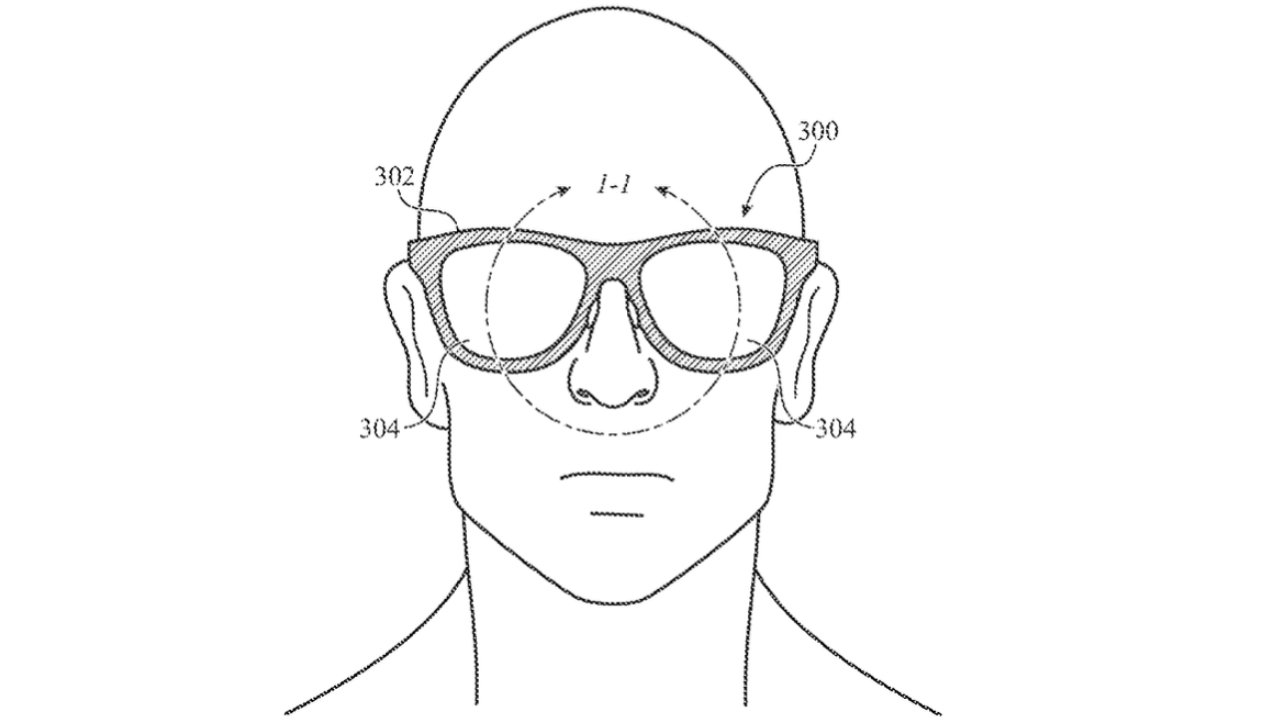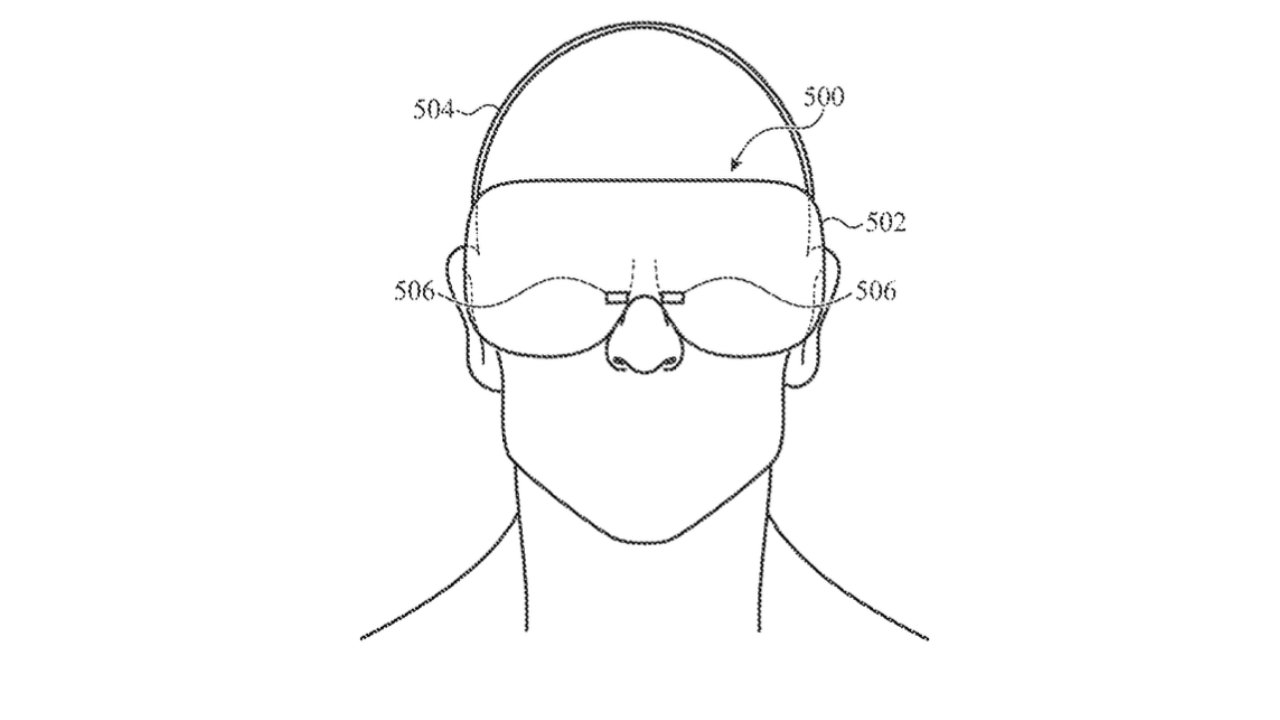New research shows how Apple Vision Pro could watch how you breathe to help with mindfulne...
Newly revealed research from Apple shows that it has been exploring how to get Apple Vision Pro to track its wearer's breathing as part of health monitoring.

He could be happier about wearing Apple Glasses -- image credit: Apple
Back in June 2024, code found in visionOS suggested that the Apple Vision Pro was going to get respiratory tracking. Specifically, it was code that suggested this would be a feature of the headset's Mindfulness app.
References in code, and especially when there were several as there were this time, usually mean a feature is imminent. One year later, there's no sign of it in the Apple Vision Pro.
But, the feature has popped up in a newly-granted patent.
The patent is called "Non-Contact Respiration Sensing," and many of its illustrations actually look more like Apple Glass-style spectacles than the current Apple Vision Pro. But further illustrations show the current headset and the text is agnostic about what face-wear device it concerns.
It's significant that there is at least this implication that the patent's technology concerns the current Apple Vision Pro. Especially given the code references in 2024, it would suggest that the hardware to achieve respiration tracking is already present in the headset.
Yet if it is, it's not clear why Apple hasn't enabled it. Possibly despite the code, this really is for a future version.
Nonetheless, what it proposes is the use of interferometric sensors placed around where the headset rests on the user's nose.
"[One or more] interferometric sensors may be configured to emit electromagnetic radiation towards an expected airflow path for respiration of a user," says the patent, "and generate one or more interferometric signals including information about particle movement in the expected airflow path for respiration of the user."
These sensors could provide data to the headset that would let it determine, "respiration rate, respiration velocity, respiration volume, respiration quality," and "whether a user is breathing through a nose or a mouth." It could also provide information "about particles inhaled... and exhaled."
Apple's patent does not mention mindfulness, but then it doesn't explicitly mention any use case. As ever, the patent is focused on how something can be done, rather than why it might be useful.
So it's roughly 15,000 words and 16 pages of drawings concentrate on how this is a use of "coherent optical sensing, including Doppler velocimetry and heterodyning." It says that this "can be used to measure physical phenomena including presence, distance, velocity, size, surface properties, and particle count."

That's closer to the Apple Vision Pro we know today -- image credit: Apple
But it's easy to see the potential health benefits of the proposed technology. The Apple Vision Pro could, for instance, warn users of elevated carbon dioxide in the air they're breathing -- just as Apple Watch warns them when their environment is too loud.
Or speaking of the Apple Watch, this could be a way to mimic how that device presents mindfulness features. On the Apple Watch, the mindfulness breathing exercise includes haptic feedback as the wearer is meant to breathe in or out.,
With the Apple Vision Pro and these sensors, the headset could not just prompt steady and mindful breathing, but determine whether it is being done.
This patent was applied for in May 2023 and is credited to three inventors. Those include Miaolei Yan, whose previous work for Apple includes location detection using tiny gas sensors in an iPhone.
Read on AppleInsider

Comments